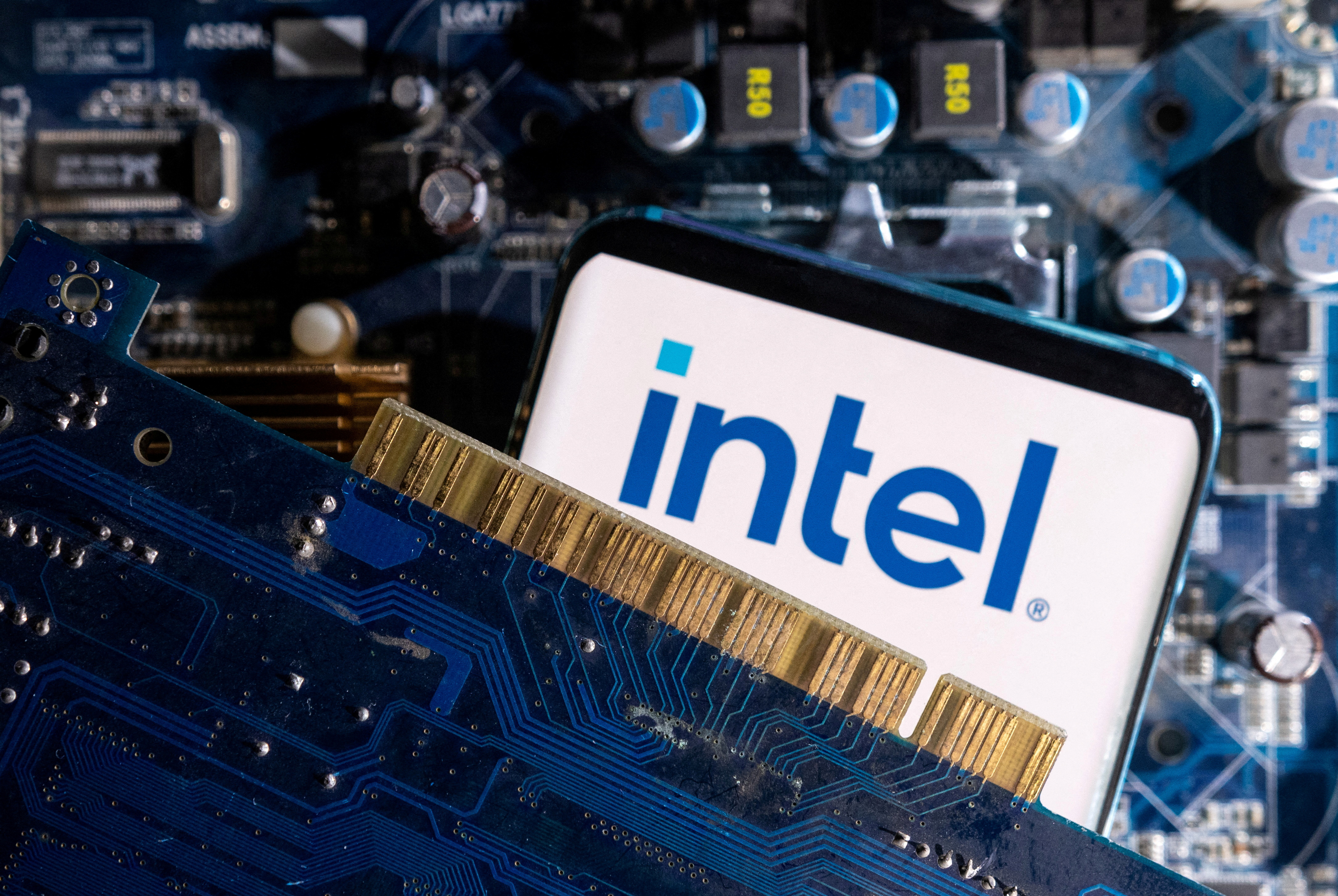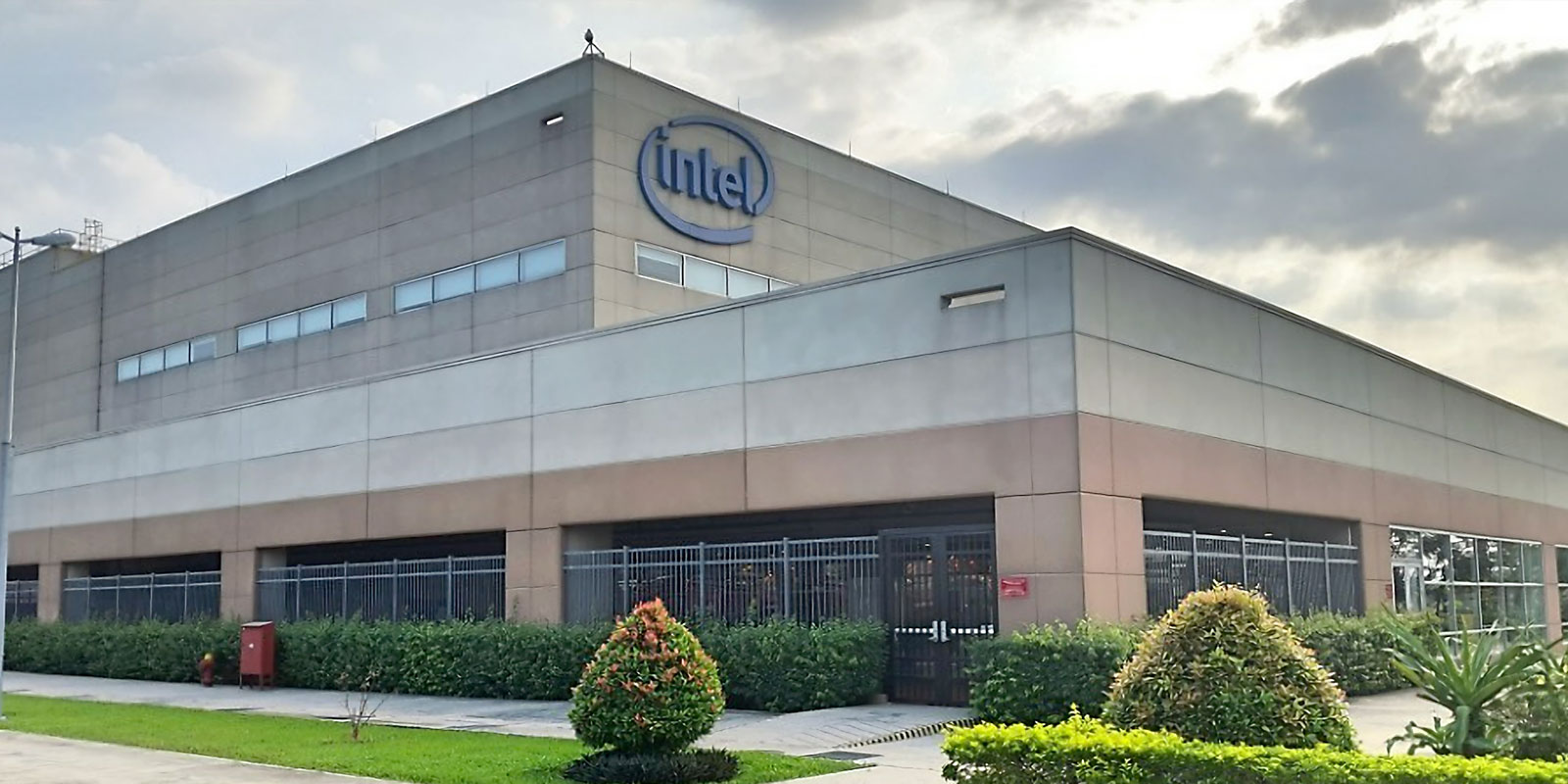Intel Expansion Plans and Vietnam’s Aspirations

Intel’s plans for a significant expansion in Vietnam have hit a roadblock, dealing a blow to the country’s aspirations in the global chip industry. Initially anticipated to nearly double its operations in the Southeast Asian nation, Intel has reportedly put a halt to these intentions, contrary to the expectations following support pledges from President Biden during his visit.
Vietnam, seeking to establish itself as an alternative to China and Taiwan in the semiconductor domain, had been counting on Intel’s extended commitment. However, shortly after Biden’s visit, a select group of US business figures learned of Intel’s decision to shelve its expansion plans, indicating the company made this choice around July. Although Intel hasn’t publicly disclosed the reasons behind this reversal, concerns over power stability and excessive bureaucracy surfaced in recent discussions between the company and Vietnamese officials.
Intel’s Statement and Official Responses

Despite declining to comment directly on the situation, Intel emphasized Vietnam’s ongoing importance within its global manufacturing framework amid escalating semiconductor demand. Notably, the US embassy in Hanoi refrained from making any statements, while requests for comments from the Vietnamese government remained unanswered.
Intel’s decision holds significance beyond its immediate implications; it reverberates within Vietnam’s aspirations to become a pivotal player in the semiconductor industry. Vietnam has actively courted chipmakers, aiming to entice firms looking to diversify their supply chains. However, Intel’s pivot follows substantial investments in Europe and coincides with Vietnam grappling with power shortages that impacted various manufacturers in June.
Regional Dynamics: Intel’s Moves in Southeast Asia

Additionally, Intel is expanding its chip packaging investments in Malaysia, a key rival to Vietnam in the Southeast Asian region. The situation further unfolds against the backdrop of the US government’s unveiling of new initiatives and investments by several American chip companies during Biden’s visit, excluding specific mentions of Intel.
This turn of events underscores a key point highlighted by Chung Seck, a partner at Baker & McKenzie Vietnam: Intel’s existing investments in Vietnam do not guarantee further commitments. Reports earlier this year suggested Intel’s potential new investment in Vietnam valued at around $1 billion, supplementing its existing $1.5 billion factory in the country. Yet, Intel neither confirmed nor denied these plans, emphasizing the significance of Vietnam within its global manufacturing network.
Negotiations and Changing Regulations

Contradictory figures regarding investment plans between Intel and the Vietnamese government, coupled with ongoing discussions on tax levies and subsidies, paint a complex landscape where multinational corporations seek incentives amidst impending regulatory changes.
In sum, Intel’s decision to sideline its expansion plans in Vietnam signals a setback for the country’s ambitions in the semiconductor realm, raising questions about the broader dynamics shaping global chip manufacturing and investment strategies.
Read More (Tech News)








